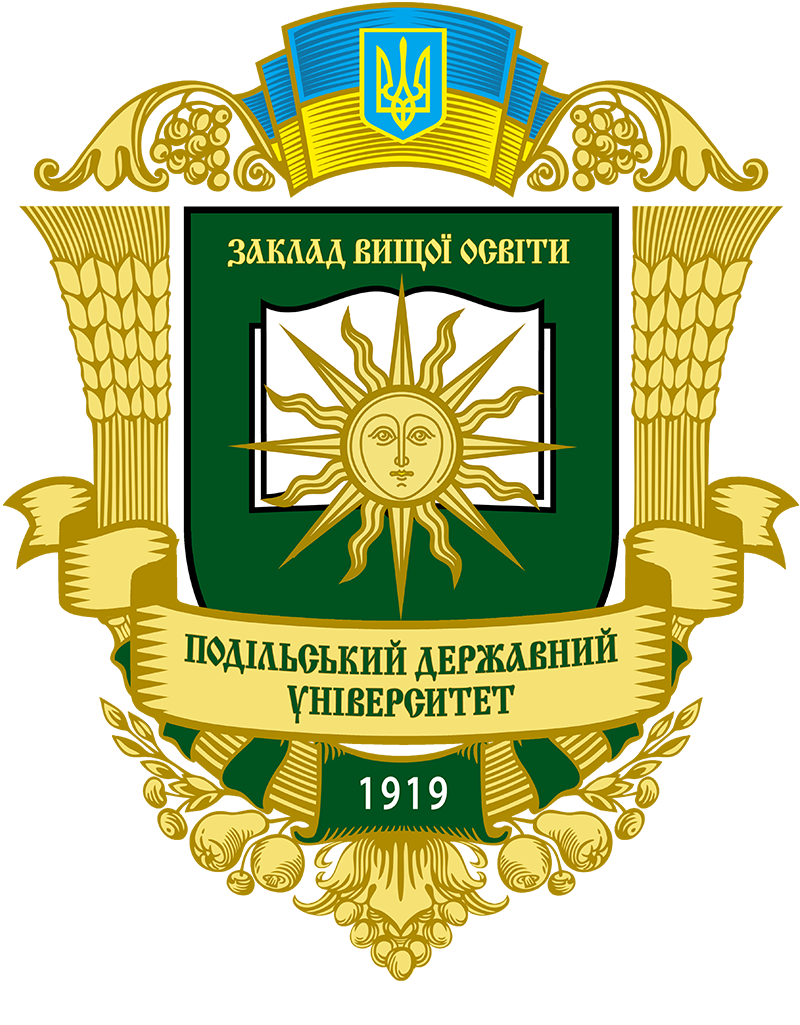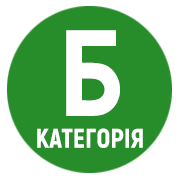USE OF SOCIAL NETWORKS AND MESSENGERS BY VETERINARY STUDENTS STUDYING OPERATIVE SURGERY
DOI:
https://doi.org/10.37406/2706-9052-2024-2.30Keywords:
social networks, higher education, veterinary medicine, operative surgeryAbstract
With the proliferation of internet services and advances in smartphone technology, the number of people joining social networks is growing, and an industry is developing to cater to the needs of these users. Although there are many definitions of digital social networks, all researchers agree that they represent a space or interaction system in which people engage, share information, and communicate with each other through an electronic platform connected to the internet. It is an environment that allows the establishment of interpersonal relationships at a distance. Teenagers and young people have positively embraced the emergence of social networks and often incorporate new technologies into their daily lives for information exchange and leisure The changes taking place in technology are affecting various industries, including the educational environment. Social networks have emerged as interactive learning environments characterized by the active participation and interaction of students within educational organizations. They foster a responsible attitude towards collaborative work and the collective construction of knowledge, enhance self-esteem, and positively impact academic performance and cognitive language skills. Students are avid users of social networks, with many of them actively seeking opportunities to enhance their professional training, including those provided by social networks. This also applies to veterinary students studying operative surgery. Currently, there is a lack of data on their use of social networks for educational purposes. The goal of the conducted research was to elucidate these issues. In the research process, an analysis of scientific sources on the use of social networks for educational purposes was carried out. Sociological methods such as surveys, observations, and questionnaires were employed to gather data on the use of social networks and messengers by veterinary students studying operative surgery. According to the obtained data, when choosing social networks, all veterinary students studying operative surgery prefer “Instagram”, “YouTube”, and “TikTok”, with 30% of them being active users of “Facebook”. For short message exchange, all veterinary students use Viber, and in addition, 20% use the Telegram messenger, while 10% use WhatsApp. Among all social networks, students studying operative surgery primarily use video hosting platforms such as YouTube (90%), Instagram (70%), and Facebook (20%) for educational purposes. Other platforms are mainly used for communication and nonacademic information search. Seventy percent of students studying operative surgery watch surgical videos on social networks as educational materials, while the remaining 30% prefer text materials. Of all students studying operative surgery, 70% have an interest in surgical work, while 40% are uncertain about their ability to perform it.
References
Al-Rahmi A.M., Shamsuddin A., Alismaiel O.A. Task-technology fit model: the factors affecting students' academic performance in higher education. Univers J Educ Res. 2020. V. 8. P. 6831–6843. DOI: 10.13189/ujer.2020.081249.
Ansari J.A.N., Khan N.A. Exploring the role of social media in collaborative learning the new domain of learning. Smart Learn Environ. 2020. V. 7. P. 1–16. DOI: 10.1186/s40561-020-00118-7.
Almenara J.C., Del Prete A., Muñoz M.L.A. Percepciones de estudiantes universitarios chilenos sobre uso de redes sociales y trabajo colaborativo. RIED Rev. Iberoam. Educ. Distancia. 2019. V. 22. P. 35. DOI: 10.5944/ried.22.2.22847.
La adicción de los estudiantes a las redes sociales on-line: Un estudio en el contexto latinoamericano / J.C. Almenara et al. Rev. Complut. Educ. 2020. V. 31. P. 1–12. DOI: 10.5209/rced.61722.
García E.G., Heredia N.M. Redes sociales como factor incidente en el área social, personal y académica de alumnos de Educación Secundaria Obligatoria. Tend. Pedagógicas. 2018. V. 32. P. 133–146. DOI: 10.15366/tp2018.32.010.
Annual Academic Sessions of Ceylon College of Psychiatrists / M.L. Harshini et al. Conference: Use of social media and its associations with mental health of medical students at the Faculty of Medicine / University of Kelaniya. 7th–8th August 2022. Negombo. Sri Lanka. DOI: 10.13140/RG.2.2.28362.13768.
Hassan A. The Use of Facebook and Technology in E-Learning Process. Innovation of Businesses, and Digitalization during COVID-19 Pandemic. Int. Conf. Bus. Technol. 2022. V. 488. P. 995–1007. DOI: 10.1007/978-3-031-08090-6_64.
Investigating the relationships between COVID-19 quality of life, loneliness, happiness, and internet addiction among K-12 teachers and school administrators – a structural equation modeling approach / T. Karakose et al. Int J Environ Res Public Health. 2022. V. 19. P. 1052. DOI: 10.3390/ijerph19031052.
Karakose T., Yirci R., Papadakis S. Examining the associations between COVID-19-related psychological distress, social media addiction, COVID-19-related burnout, and depression among school principals and teachers through structural equation modeling. Int J Environ Res Public Health. 2022. V. 19. P. 1951. DOI: 10.3390/ijerph19041951.
Uso de las redes sociales virtuales por los estudiantes de la UAT / F.R. Leal et al. Universitas Tarraconensis Revista de Ciències del Educació. 2018. V. 1 (1). DOI: 10.17345/ute.2018.1.2360.
Relaciones entre redes sociales y recursos digitales de instrucción en la universidad: Comparativa España-Colombia / L.M. López et al. Pixel-Bit Rev. Medios Educ. 2021. V. 60. P. 77–93. DOI: 10.12795/pixelbit.77522.
Mailizar M., Burg D., Maulina S. Examining university students' behavioural intention to use e-learning during the COVID-19 pandemic: An extended TAM model. Educ Inf Technol. 2021. V. 26. P. 7057–7077. DOI: 10.1007/s10639-021-10557-5.
Mese C., Aydin G.S. The use of social networks among university students. Educational Research and Reviews. 2019. V. 14 (6). P. 190–199. DOI: 10.5897/ERR2018.3654.
Portugal J.C.A. El componente social. Un indicador del trabajo colaborativo online. EDMETIC Rev. Educ. Mediática TIC. 2019. V. 8. P. 171–200. DOI: 10.21071/edmetic.v8i1.11104.
Stepanov O. Usage of the Educational Video by Stuydents-Veterinarians Who are Studying Operative Surgery. Pedahohichnyi dyskurs. 2021. V. 30. P. 24–31. DOI: 10.31475/ped.dys.2021.30.03.
Cтепанов O. Використання соціальних мереж студентами-ветеринарами, що вивчають ветеринарну хірургію. Педагогічний дискурс. 2020. № 28. С. 32–38.










